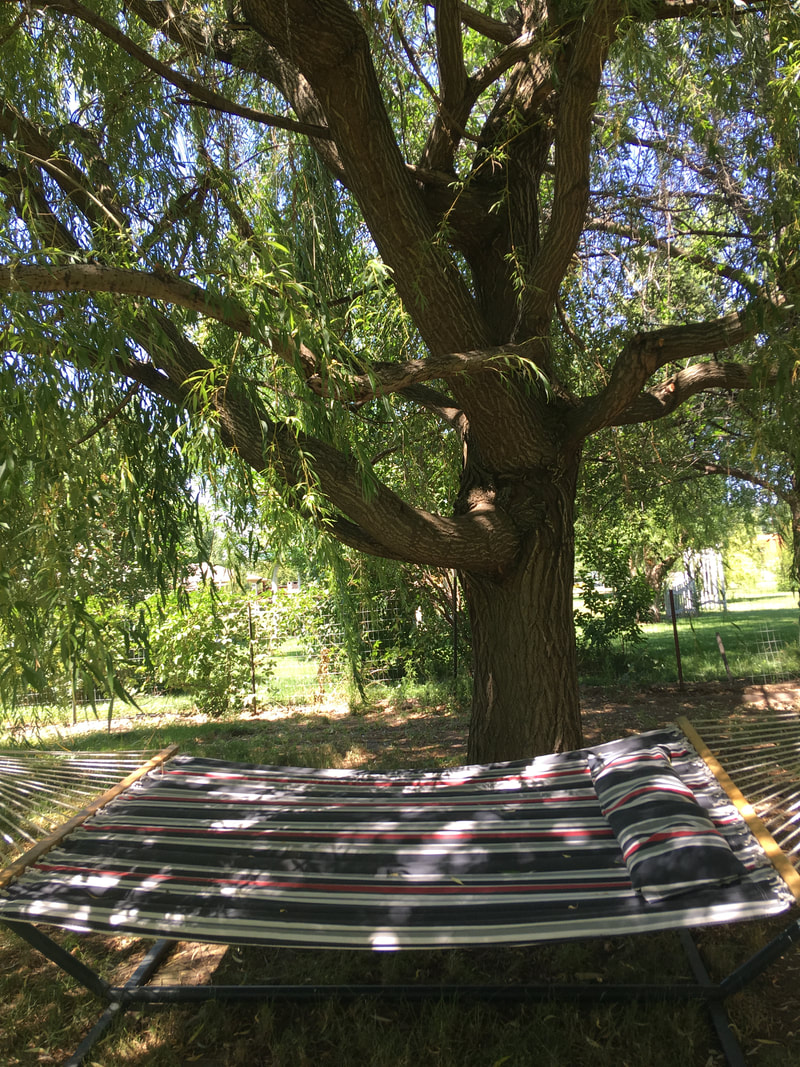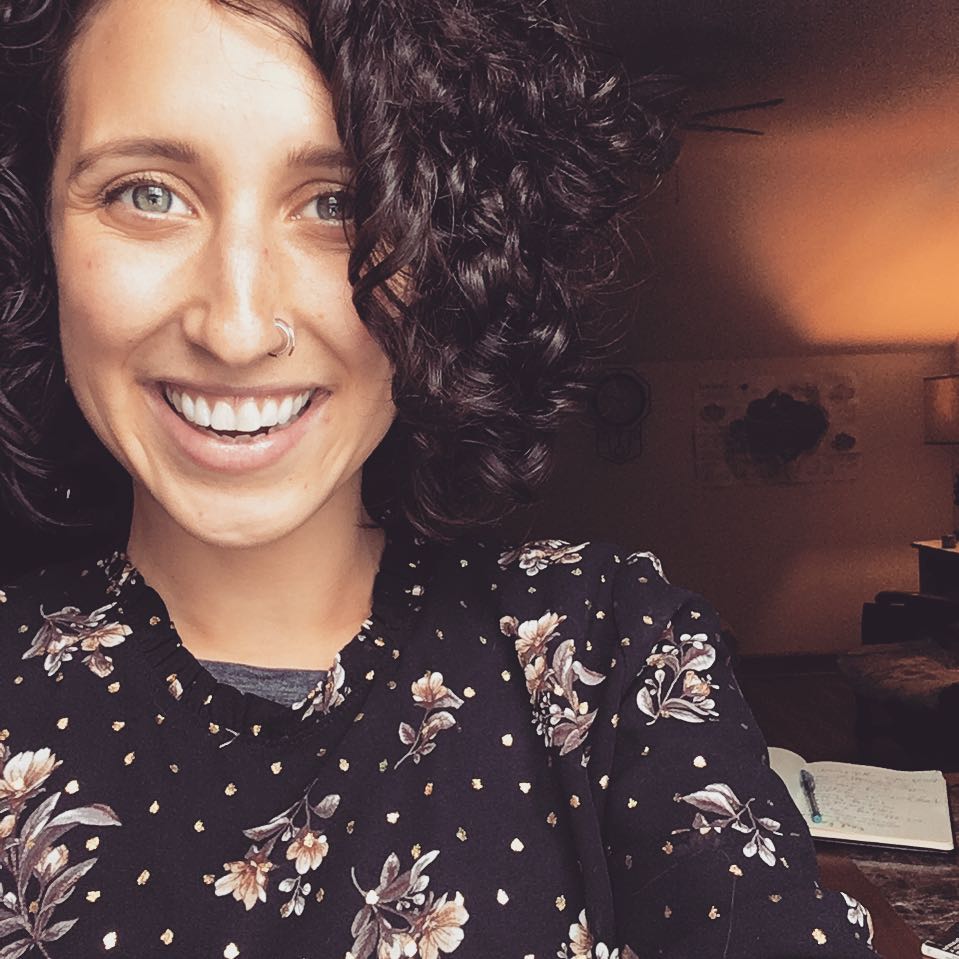 I spend my best self at work. I'm a day-dweller, with energy in abundance when the sun is out. By the time I make it back home at the end of the day, most of my motivation has disappeared. And yet, the most important elements of my life are outside of work. How do I manage my time and energy so I can still pour it into the things that add beauty, depth, and meaning into ordinary days? Yesterday, with the Jewish holiday of Tu Bishvat approaching, I had an epiphany. Tu Bishvat is a minor holiday, celebrating the birthday of trees. Tu Bishvat began as a way evaluate and manage time. All fruit that grew before Tu Bishvat was taxed for the previous year, and all fruit that grew after Tu Bishvat was taxed for the next year. Tu Bishvat, one of Judaism's multiple New Years, is celebrated with a seder of wine and mediterranean fruits. It can be an opportunity to take stock of what we are cultivating, and what we want to nourish in the year to come.
This year, I want to intentionally cultivate the experience of Sacred Time. What do I mean by Sacred Time? It's a hard thing to put into words, but I would say that for me it is the feeling of being completely present in a moment. It's that great, infinite Now that exists when we stop thinking about the past or future. It's the sensations of warmth or light or coolness or soft rest. It's the feeling of my shoulders dropping, suddenly relaxed. In February, my habit for the month is practicing Gratitude. This every-day practice has led me to that portal of Sacred Time, to connecting more deeply with life around me. It's helped me remember the ordinary things that elicit joy, and helped me remember to choose them. Gratitude has been a door that I forgot even existed. Lately, I've been wildly fascinated by personal finance. I am constantly learning new information and evaluating our financial picture to help it lead towards the life Janet and I want to experience. It's been powerful, and I'm so grateful of the luxury of steady income and the ability to plan. Yesterday, I realized that time and energy is just like our budget. Our budget, precise and calculated, is the key heartbeat that allows our financial dreams to start taking shape. If we want more of one thing, we have to take money away from something else. It's an ebb and flow, dictated by our choices. I use helpful tools like automating monthly bills and establishing account-reconciling routines. I've realized that I can use this concept to explore Sacred Time. My energy is finite. There's only so much of it in a day, in a week. If I want enough energy outside of work to do the things that bring me more deeply in to the present moment, then I need to budget that energy. Not everyone thrives on routine, but I know it's something that helps me. It takes away the fatigue of decision-making, and helps me fit the most important elements into my day. Sacred Time -- that connection to the world when you feel completely content, nourished, and aware -- looks different to everyone. The portal to that state of being is different for everyone too. This month, I'm searching for that door via Gratitude. This year, I'm exploring it through Judaism's own cycle of Sacred Time and through the cycle of my own ordinary days. What makes you feel the most present? Is it nature? A type of practice? A beautiful song? A night full of sleep? I'd love to hear about it in the comments below.
0 Comments
Leave a Reply. |
productivity
|


 RSS Feed
RSS Feed
